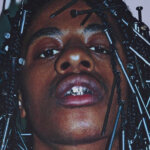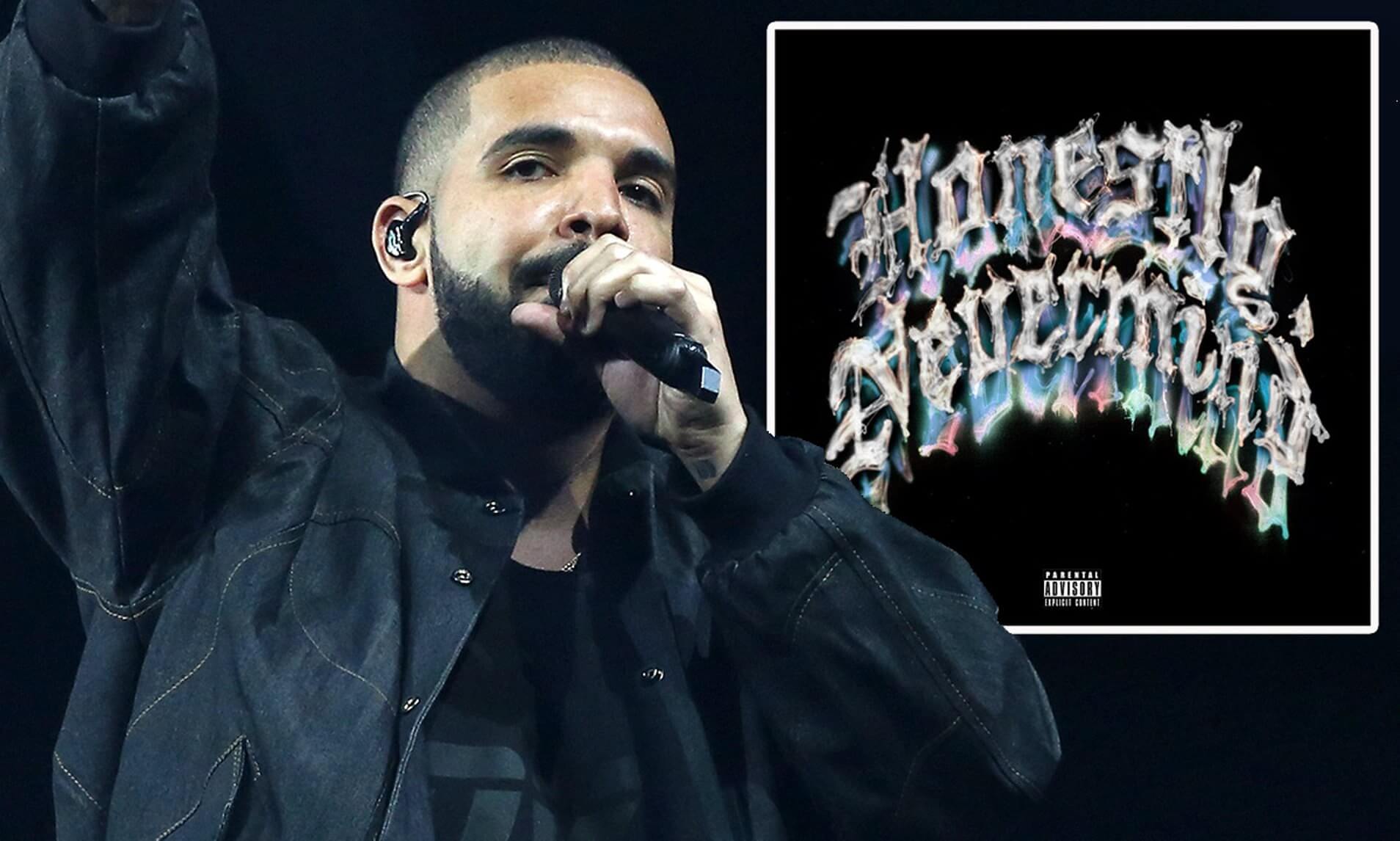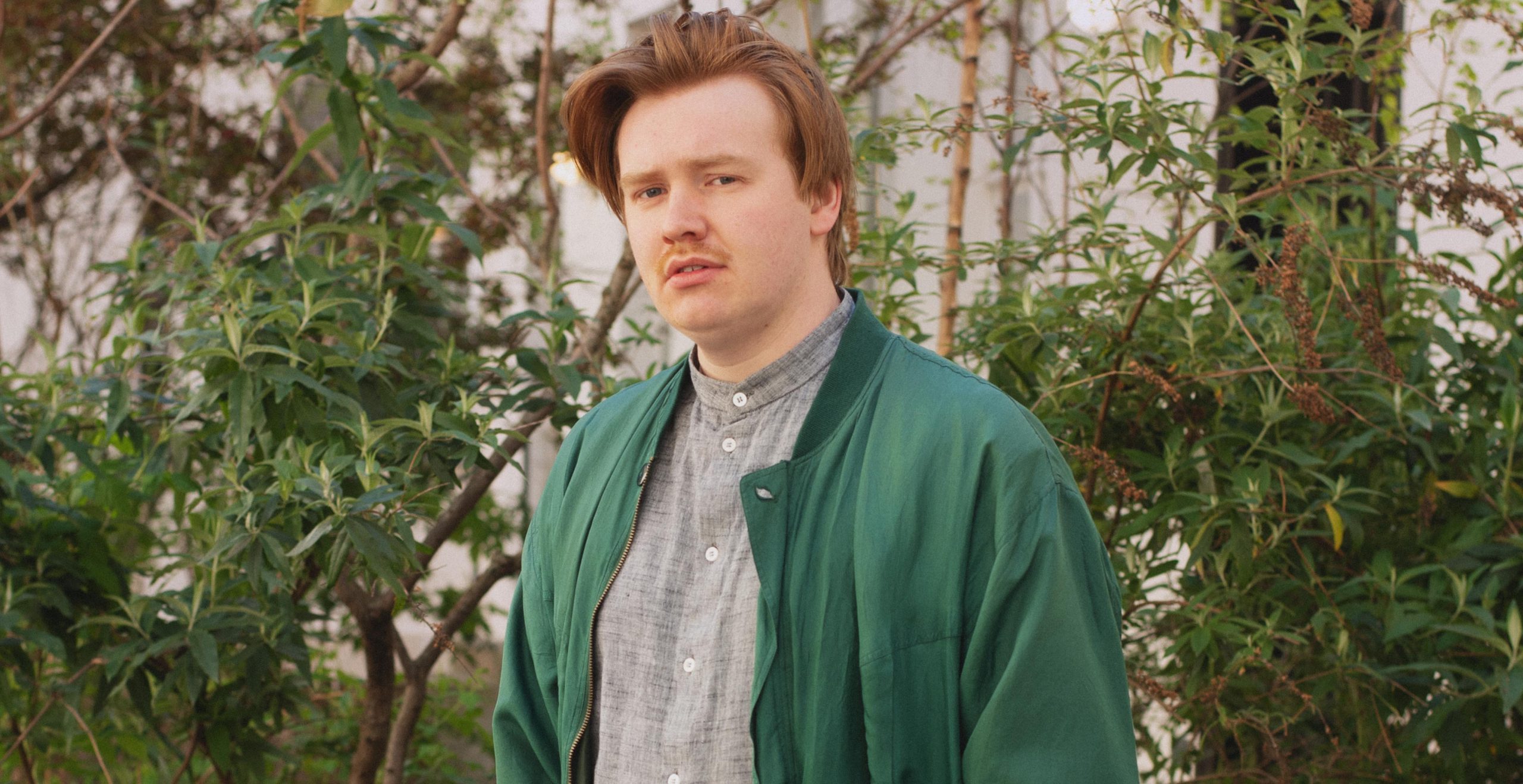It’s something like R&B, but nothing like it at the same time.
A Musical Maverick Blazing His Trail
For those who haven’t had the pleasure of discovering Teezo Touchdown yet, fret not: In his Spotify bio, the rising star playfully declares, “Don’t worry, you’re early.” Nevertheless, some heavyweight names are already on board: Both Travis Scott and Lil Yachty, not to mention Tyler, The Creator, have featured Teezo on their recent albums. Even Drake took to Instagram after a private listening session, exclaiming, “I just heard some of the best music ever.” So, what’s the deal with Teezo Touchdown? Why is everyone falling in love with him?
Teezo Touchdown’s story begins long before the big features, back in Beaumont, Texas. This musical maverick was born in 1992 as Aaron Lashane Thomas. Unlike many newcomers, the current hype didn’t catch him in a college dorm room; he arrived as a seasoned adult. Teezo’s father was a DJ, so he grew up surrounded by records and turntables, with the sounds of Judas Priest, Kraftwerk, Prince, and Marvin Gaye providing the soundtrack to his childhood.
In his teenage years, he dropped his first rap tracks on YouTube under the name Teezo Suave and produced beats for up-and-coming rappers. However, it wasn’t until 2020 that things truly took off. Now going by the moniker Teezo Touchdown, he found a remarkably precise and visual musical language. Even in the early videos for songs like “Sucka,” “Technically,” and “Social Cues,” Teezo sported those distinctive metal nails that adorned his hair and outfits, later becoming his trademark.
Back then, Teezo Touchdown already shone with a diverse range of sounds, ones the rest of the rap world would only discover gradually. “Social Cues” was a catchy pop-punk banger that even blink182 couldn’t top, “Careful” dabbled in the weirdo-trap realm reminiscent of early Lil Yachty, and “Mid” forged an unholy fusion of grunge and Memphis Phonk. It was clear that Teezo brought a truckload of humor and self-irony from the get-go, portraying himself as the mayor of “Midville,” on a mission to banish mediocrity: “Keep the mid of the streets!”
Since then, Teezo Touchdown has continued to navigate the music industry with remarkable precision. In 2021, he was recruited by Tyler, The Creator for the song “RunItUp” and joined Tyler’s tour, graced the stage at KennyBeats’ “The Cave,” and collaborated with renowned brands like Balenciaga, Marc Jacobs, and Moncler. Simultaneously, he released more singles that kept listeners guessing. In April, the rising star dropped “Familiarity,” a track that, in hindsight, served as a harbinger of the sound that now fills Teezo Touchdown’s recently released debut album. “Familiarity” wove together indie guitars, funky embellishments, and Teezo’s unique vocal delivery—a recipe that we knew worked wonders ever since Steve Lacy’s “Gemini Rights” and, notably, “Bad Habit.”
This journey continues in Teezo Touchdown’s debut album, “How Do You Sleep At Night?,” released just last Friday. Yet again, his vast musical influences as a DJ’s child and his penchant for genre-blending shine through. “Too Easy” serves up skanky garage-punk with 2 Live Crew-style chants, while the funk in “Nu Nay” and “Mood Swings” harks back to the likes of Thundercat or Prince. The societal observations in “Neighborhood” evoke the spirit of Donald Glover. When
Teezo raps, there’s a hint of singing, and when he sings, background ad-libs echo. He seems incapable—and uninterested—in settling on one specific musical style, and that’s perfectly fine. In an interview with NME, he explained, “I never chase a specific sound; that would be mere satire. Instead of trying to mimic a sound, I look at what all this music represents: Why do rock bands fill stadiums, how do rappers conquer clubs, and how do pop stars rule the charts?” Teezo Touchdown isn’t a devotee of any particular genre, even though he admits to being particularly captivated by the energy and urgency of rock. Instead, he appears to be enamored with the fundamental concept of music itself, with words that convey messages and sounds that evoke emotions. With all the accolades he’s received, Teezo Touchdown is in the ideal position to bring this vision to life. We can’t wait to see what he’ll create in the future.
The Versatility of Teezo Touchdown’s Musical Expressions
What sets him apart is his versatile vocal range, which effortlessly transitions into the realm of R&B. His melodies may waver and occasionally crack, but these imperfections carry a rawness that contrasts with his more polished excursions into pop and rock. His smooth, speak-sing delivery on “I Don’t Think U C Me” channels a hint of that Brent Faiyaz charisma. If you can endure the relentlessly upbeat first half of “Too Easy,” the subsequent shift into sultry murmurs, accompanied by mentions of missed DMs, pays homage to the vintage Drake R&B transitions but with a sweeter touch.
The extended falsetto in “You Thought” outshines any of the mainstream pop hooks. It’s a shame that his rapping seems like an afterthought. In the past, he’s openly praised Lil’ Flip as “dang near my favorite rapper” and referenced Speaker Knockerz in a throwaway single, which is far more intriguing than pretending to be into Sum 41.
It’s evident that, much like Lil Yachty’s foray into psych-rock on “Let’s Start Here” (where Teezo made a notable appearance), “How Do You Sleep at Night?” is tailored for young teenagers who are encountering specific sounds and emotions for the first time. However, Teezo’s emotions come across as somewhat reserved; he never delves too deep into sorrow or anger. When emotions could potentially become more complex, he seems to self-censor, prioritizing his public image. For instance, “Impossible,” produced by Justin Raisen and SADPONY (who also contributed to Yachty’s album), serves as a guitar-driven anthem encouraging self-belief. Teezo shares uplifting anecdotes, pondering what might have happened if Basquiat hadn’t painted because of parental advice or if Ali had quit boxing after a loss. On “Familiarity,” he serenades listeners with a tale of ignoring parental doubts to chase a dream. However, the simplistic narrative approach makes it feel as though he’s describing life like a Disney sports movie. This approach not only underestimates teenagers’ capacity to handle more intricate emotions (hello, Olivia Rodrigo) but also risks painting Teezo as a run-of-the-mill corporate figure, genre-hopping to divert attention from an underlying shallowness.




























